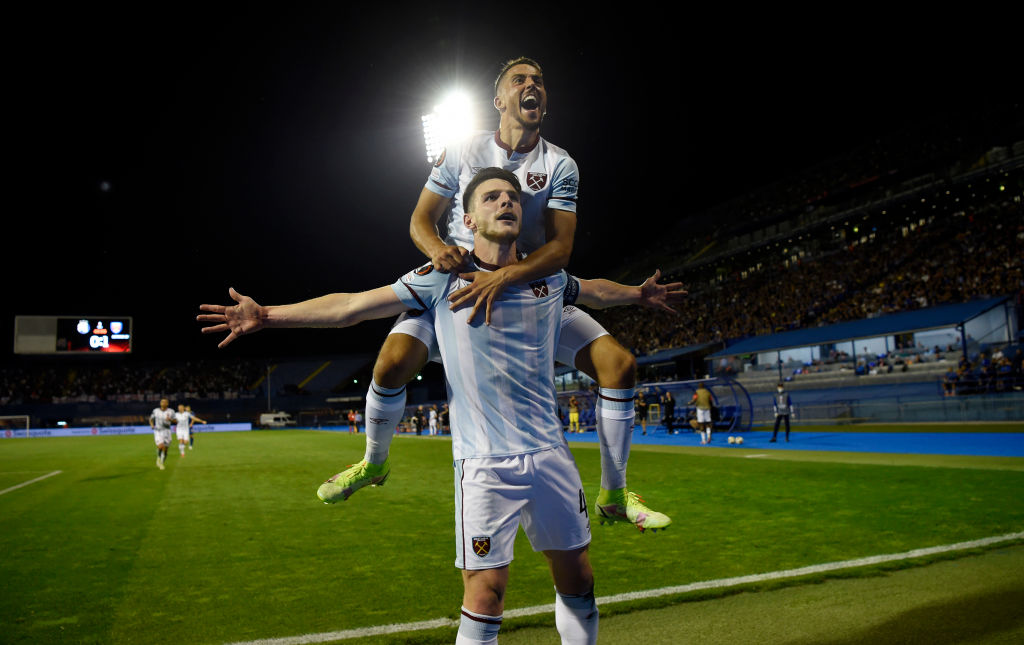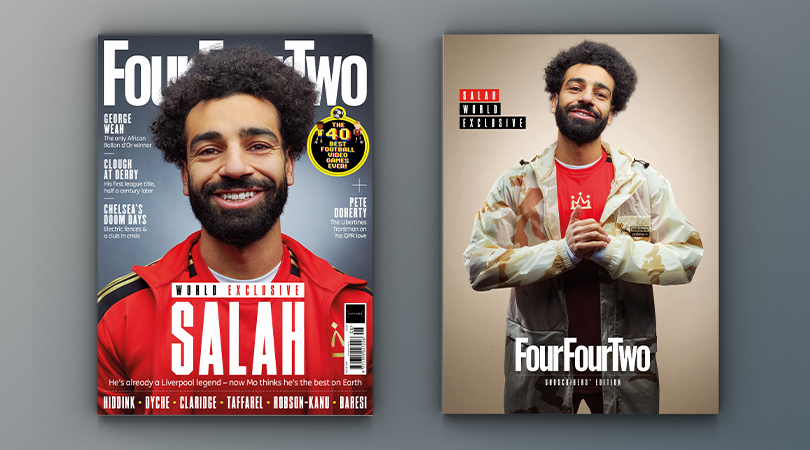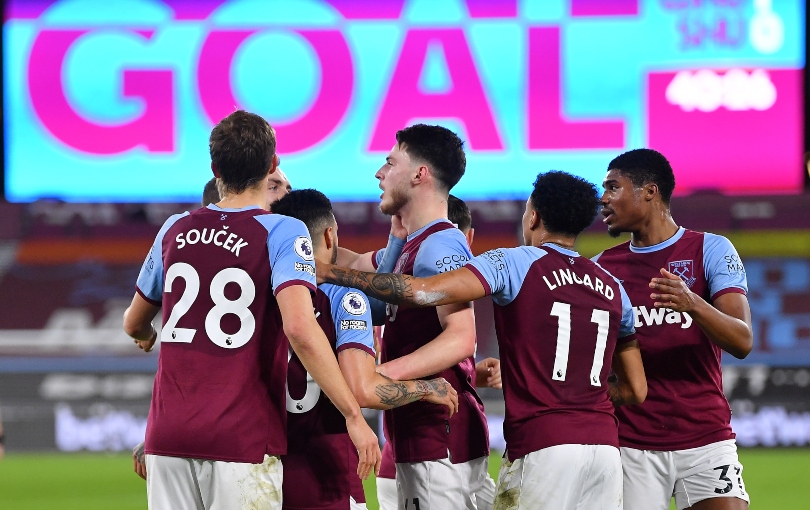Why have West Ham been so good since the start of the pandemic?
Plenty has been made of the West Ham's improvements over the last two years – but football has changed tactically for the benefit of David Moyes' boys

West Ham United are a completely different side to the one that entered the very first lockdown. Not so much in personnel, though. Not in manager, nor in their fans' desires to make the London Stadium as much of a cauldron as Upton Park. But the outlook? That's turned 180 degrees.
The pandemic gripped Premier League football for so long it is easy to forget just how much COVID-19 changed the shape and rhythm of the game. Tactically, the division is nothing like it was in March 2020. A combination of empty stadiums, limited time on the training ground, a truncated pre-season, and the emotional mindset of the players (as prone to lockdown brain fog as the rest of us) created a ghostly version of the real thing: training matches played bleakly in a void.
It has required an entirely different approach from the managers, and yet only manager – Pep Guardiola – can truly be said to have got to grips with the challenges of pandemic football. His dramatic reassessment of Manchester City’s tactics should not be understated, since the Catalan spent downtime re-writing his pressing and possession game to become something far more measured and more midfield-centric, with no strikers at all.

Everybody else plugged away as usual, their pressing intensity dropping through sheer exhaustion rather than design, hence unpredictable games and clumsy attacking patterns from the likes of Arsenal and Liverpool.
It made sense, then, that the biggest beneficiaries of the new normal – of ambling matches, of near-random results, of a vague sense of uncontrollable nothingness – were the teams who play risk-averse football, who don’t like to press high and are more comfortable sitting back.
At first, it looked as though this would give Jose Mourinho a platform to succeed at Tottenham Hotspur. To batten down the hatches amid the storm of the pandemic and to seek control when out of possession is to conserve energy, force mistakes, and sidestep the need for long tactical sessions. Instead, and for exactly the same reasons, David Moyes’ West Ham United were the biggest winners from the tactical impact of COVID-19 on Premier League football.

Broadly speaking, his West Ham team sat in a hunched formation, engaging opponents only in their own half, and looked to counter-attack quickly through Michail Antonio, Jarred Bowen, and Pablo Fornals, combining to win the team set-pieces on the break. The foundation of their solid defensive blockade, of course, is Tomas Soucek and Declan Rice, a powerful midfield combination equally adept in the tackle and in driving forward. Their ability to break the lines in possession, as well as arrive late in the penalty area, provides the beating heart for Moyes’s counter-attacking system.
Get FourFourTwo Newsletter
The best features, fun and footballing quizzes, straight to your inbox every week.
But it would be unfair to over-simplify the club’s approach – especially given the development since. Moyes is a far more flexible and modern manager than he is given credit for.
At the beginning of the 2020/21 season, he used a 3-4-3 formation with Aaron Cresswell deployed as an overlapping centre-back – it doesn’t get more tactically trendy than that – before moving to a 4-2-3-1 after a brief blip. Since then, Moyes has regularly tweaked the shape to adapt to the opposition, be it a striker-less 4-6-0 in the 3-0 victory over Sheffield United or a formation-mirroring 3-4-1-2 in the 3-2 win over Leicester City, both last season. It is this adaptability that differentiates Moyes from the egotistical Mourinho and why West Ham have threatening to make the top four: their prowess from set-pieces has also taken advantage of the smaller margins.
"Simply superb" 🤯 You 𝒏𝒆𝒆𝒅 to watch this.Jesse Lingard runs from inside his own half to score a stunning opener for West Ham!Solo goal of the season?📺 Watch on Sky Sports PL📱 Follow #WOLWHU here: https://t.co/zHgQQwKlUE 📲 Download the @SkySports app! pic.twitter.com/sWO8iC6FBvApril 5, 2021
Their hopes may have been dashed by a 2-1 defeat to Arsenal last weekend but it would be unwise to bet against them continuing strong until the end of this season and start of the next. They are arguably the only team, bar Man City, who have been consistent tactically since that very first lockdown.
While Moyes will receive plaudits for his Europa League run and turning around West Ham's outlook from the stands, he perhaps won't be given the credit he so rightly deserves as a tactician. After all, he masterminded a tactical model that just happened to be perfect for dealing with the unique challenges of the pandemic – and he's thrived all the way out of lockdown.
More West Ham United stories
David Moyes has been speaking this week of his anger at Arsenal star Aaron Ramsdale getting away with a lunge on his player, Jarrod Bowen, after the Gunners beating the Irons 2-1 in the battle for fourth spot.
Former Hammer Sebastien Haller has been making news, meanwhile, as a shock target for Manchester United. West Ham fans may take relief from the report that United are turning away from chasing Declan Rice, too, in favour of Aurelien Tchouameni.
